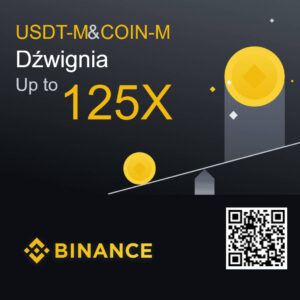Rate Decred 32,570000 USDT
Change (24h): 10,63%
Calculator DCR / USDT
How is 1 Decred?
| DCR | 0 USDT | |
| USDT | 0 DCR |
Team
- No data
Another prices
- XIN 0.00000001 BTC 0,00%
- ETH 7872.4 PLN 7,39%
- MKR 0.03850004 BTC 0,00%
- BCC 418.72 USD 0,00%
- CHZ 0.03787 USDT 1,86%
- GRS 0.00001649 BTC inf%
- TNB 0.00000007 BTC 0,00%
- YFI 4835 EUR 0,00%
- MATIC 0.00000667 BTC 0,00%
Do you know how buy Decred?
Description
Do you have account on KryptoBot?



